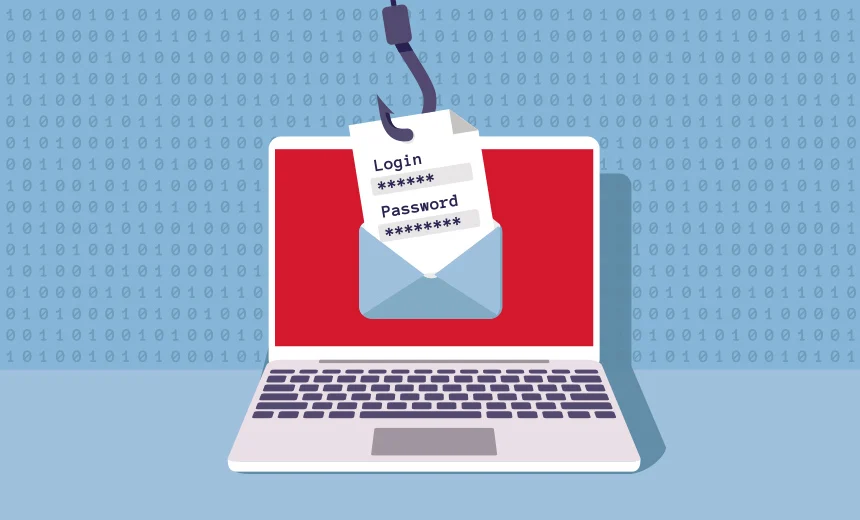Understanding the Threat of Wire Fraud in Real Estate
Wire fraud is one of the biggest financial threats facing real estate professionals today. According to the FBI’s Internet Crime Complaint Center (IC3), real estate wire fraud losses exceed $400 million annually. Cybercriminals target real estate transactions because they involve large sums of money and multiple parties, creating opportunities for fraudsters to intercept payments.
In this guide, we’ll break down how wire fraud happens and provide actionable steps to prevent it, ensuring your clients and transactions stay secure.
How Wire Fraud Scams Work in Real Estate
Cybercriminals use business email compromise (BEC) tactics to impersonate real estate agents, title companies, or buyers, tricking people into wiring money to fraudulent accounts. Here’s how these scams typically unfold:
- Email Spoofing & Phishing Attacks – Attackers send emails that appear to be from legitimate parties (agents, lenders, title companies) with fake wire transfer instructions.
- Social Engineering Manipulation – Fraudsters use urgent language, convincing buyers to send funds immediately to avoid delays.
- Intercepting Communication – Cybercriminals hack into email accounts and monitor transactions to insert fraudulent details at the last moment.
- Redirecting Wire Transfers – Once the victim follows the instructions, the money is sent to a fraudulent offshore account, making recovery nearly impossible.
Key Takeaway: Once money is wired to a fraudulent account, it is extremely difficult to recover. Prevention is the best defense.
5 Steps to Prevent Wire Fraud in Real Estate Transactions
1. Always Verify Wire Instructions by Phone
- Never rely solely on email instructions for wire transfers.
- Call the title company, escrow officer, or real estate agent using a verified phone number (not the one in the email).
- Educate clients to confirm any wire instructions before sending money.
Tip: Use a two-step verification process to authenticate wire instructions before processing payments.
2. Secure Your Email with Multi-Factor Authentication (MFA)
- Enable multi-factor authentication (MFA) for all email accounts.
- Require strong passwords and use a password manager to prevent unauthorized access.
- Train employees on how to spot phishing emails to prevent credential theft.
Tip: 95% of email hacks are due to weak passwords or lack of MFA.
Related: Security Awareness Training for Real Estate
3. Educate Clients & Staff About Wire Fraud Risks
- Provide a wire fraud disclosure notice to buyers and sellers.
- Hold security awareness training sessions for your team.
- Make cybersecurity a standard practice in all real estate transactions.
Tip: Encourage buyers and sellers to call their real estate agent directly before making any large financial transactions.
Related: Cybersecurity Training for Real Estate Professionals
4. Use Secure Communication Channels
- Avoid sending sensitive information (like wire instructions) via unencrypted email.
- Use secure client portals or encrypted messaging apps to share financial details.
- Regularly update software & antivirus programs to prevent malware attacks.
Tip: Title companies should invest in end-to-end encrypted email solutions.
Related: Real Estate Cybersecurity Checklist
5. Monitor Transactions & Set Up Fraud Alerts
- Financial institutions and real estate companies should set up fraud detection alerts for unusual transactions.
- Verify account details with a second party before sending large sums.
- Report any suspicious activity immediately to the FBI’s IC3 (Internet Crime Complaint Center).
Tip: Implement a real-time fraud detection system to flag irregular wire transfers.
Real-Life Example: A Wire Fraud Case Study
The Incident: A homebuyer in California received an email from their “title company” with last-minute updated wire instructions. The email appeared legitimate and included the title officer’s real name and company logo. The buyer wired $85,000 to the fraudulent account.
What Went Wrong: The buyer did not verify wire instructions by phone before sending the money.
Lesson Learned: By following proper verification steps, the fraud could have been completely avoided.
Protect Your Business from Wire Fraud with ClosingGuard
Wire fraud is a growing problem, but with proper training and cybersecurity measures, real estate professionals can reduce the risk significantly.
How ClosingGuard Helps:
Security Awareness Training for real estate professionals.
Simulated phishing tests to help employees spot scams.
Best practices for wire fraud prevention customized for your team.
Schedule a Free Consultation to learn how we can help secure your transactions!
Final Thoughts
Wire fraud is preventable if you take proactive security steps. By educating clients, securing your email, and using fraud prevention best practices, you can keep your real estate transactions safe and secure.
Share this guide with your team to raise awareness!


